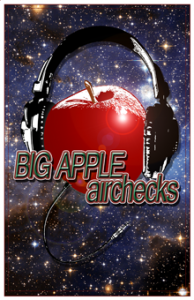
Station: 680 WRKO Boston, Massachusetts
Featured Air Talent: Charlie Van Dyke, Jordan Rich, Sandy Weaver, Eric Cheney, others.
Contributor: Big Apple Airchecks
Comments:
WRKO Boston, it’s eight o’clock with Eric Cheney playing the best music for America’s Greatest City!
This aircheck courtesy of Big Apple Airchecks!” title=”This aircheck courtesy of Big Apple Airchecks!” align=”left” width=”220″ height=”340″ border=”0″ />Here’s probably the best overall composite of 70’s WRKO featured on this site. From January ’79, it starts with Sandy Weaver and continues on through this cold Winter day, where a major winter storm is brewing.
Noteables: Where are all the jingles? You won’t hear even one, but you will hear a big Steve Martin promotion. No reverb (RKO never really used any), a very tight presentation, and WOW… talk about a lot of Disco music! WVBF, on FM was already ahead of the power curve… disco was in it’s final year and ‘VBF ditched the Disco about 3 months before this aircheck.
WRKO here was about a year from a format change to AC, but a few elements were creeping in already… Jordan Rich did weather (Rich has his own talk show on WBZ now), and RKO was doing a flashback show. Charlie Van Dyke, IIRC, would take over as PD and take over the morning show in just a few weeks from this aircheck, in a last ditch effort to save the Top 40 format.
WRKO really did sound good during this period (you won’t think so if you hated disco). The format was well constructed and executed and everything is ultra-tight. But it certainly was the end of an era.
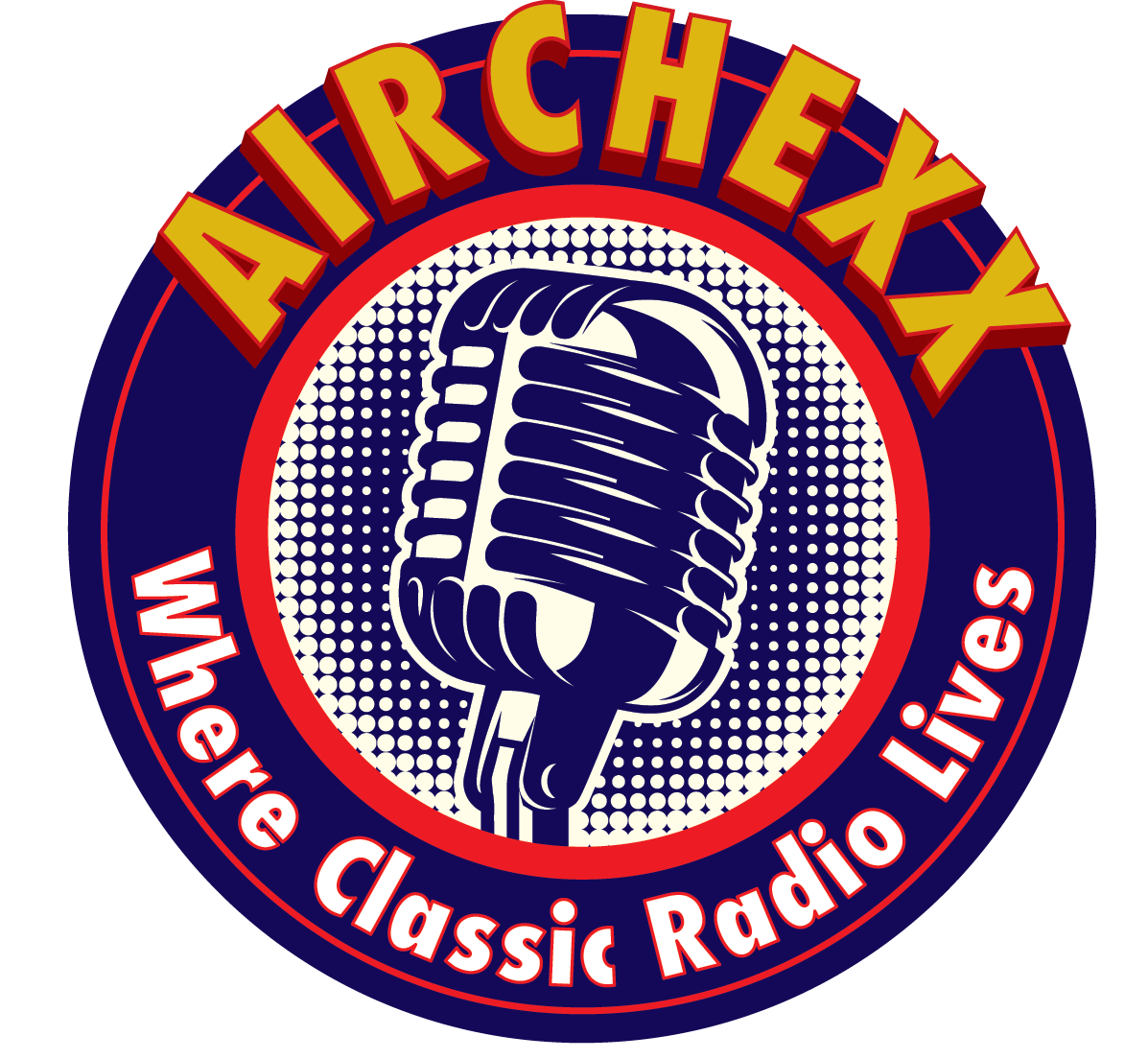
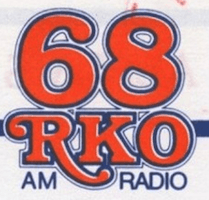

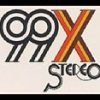
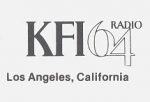
I can’t express in words how much I miss this channel!!! If ONLY they had used the FM to compete with WVBF they could have stayed around allot longer, they might even still be around!
I can still here it! sing it with me Boston!!!
WRKOOOOO…….BOSTONNNNNNN
am needed to be wideband STEREO by 1975 instead of 1985..had am gone stereo early enough the move to fm would not have occured…AM would still dominate..the fcc destroyed am music radio
Once upon a time, WRKO was a very good radio station. From its early days until around early 1979, it was THE radio station for real good music. Even as far as central New Hampshire, I would rather put up with the static and reception headaches (which were not even that common, but bad weather could disrupt reception) than listen to the wimpy selections and bad equipment of stations like WLNH (the turntable was set too fast) or WEMJ (short versions, and wimpy selection). I liked the album versions of songs during 1978 and early 1979.
Starting around March 1979, I began to notice the change. The DJs started cutting the songs short. CVD, though he played a good variety of songs, loved to cut the songs short and talk pretty much through them. And Jack Diamond, coming about the same time, also cut songs short all the time. This issue persisted into 1980.
During the summer of 1980, they had one decent DJ that would let the songs go through–Bill Smith. Once he was gone at the end of summer, his replacement would consistently cut the songs short. The first time he played a song, he did let it go through–but I assume he was disciplined for doing that (that was the last time he did that). By the time the station went to talk, songs cut short were so bad that lots of other stations beat them in variety and enjoyment.
I feel that, had this station not tolerated such widespread talking through large portions of songs and cutting them short, it would have persisted. They were a force to be reckoned with in 1973, despite sister WVBF (which was, for the record, FM). If they could play songs to close to the end instead of cutting them way short (before the record even begins to fade out) in 1973, then why on Earth couldn’t they have done so in 1979 and 1980?